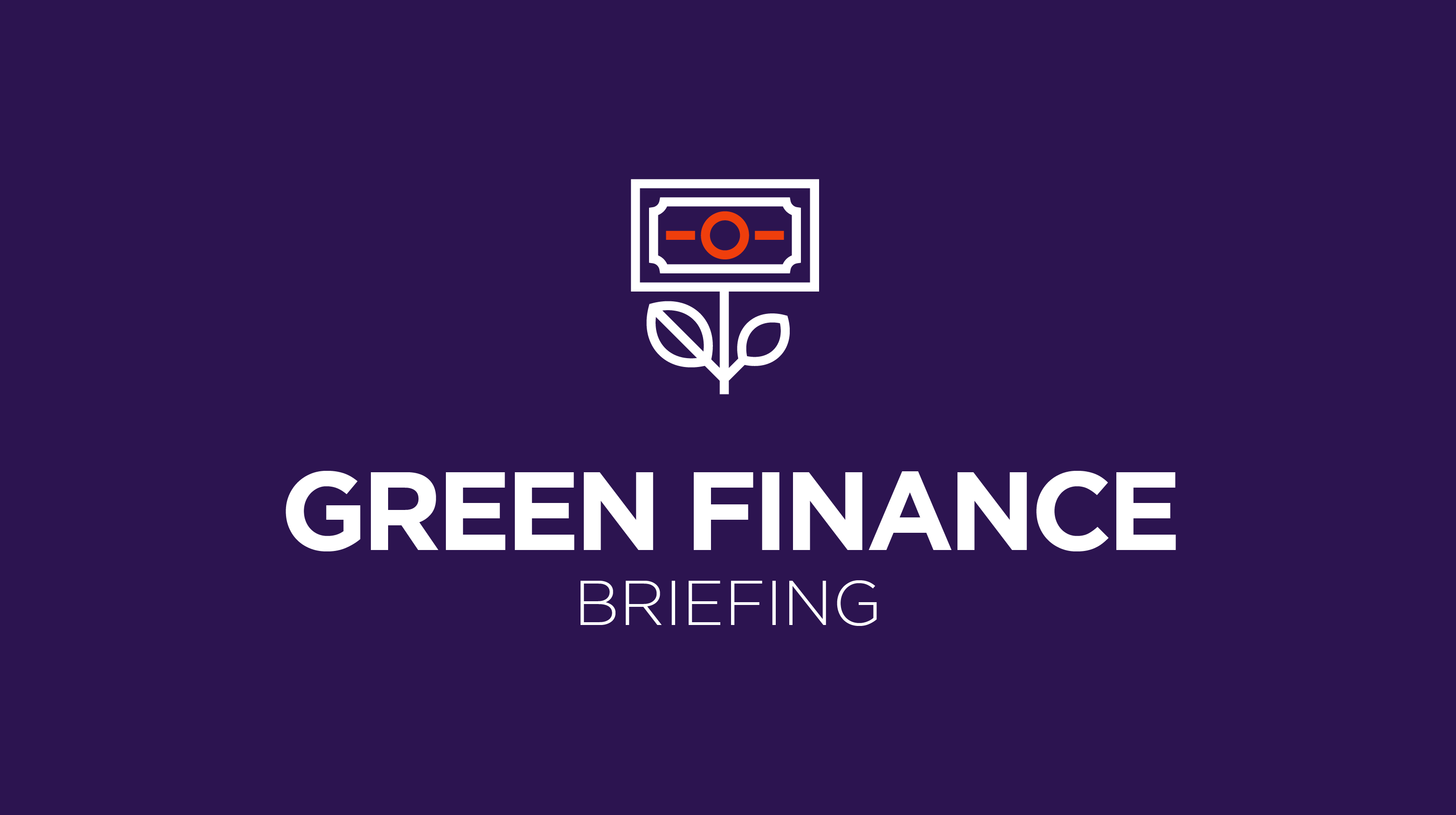Green Finance
Green Finance Briefing: Sustainability is now a top 5 corporate priority
- Board members and investors are demanding greater accountability around sustainability, and CEOs are feeling pressured to start employing sustainable strategies.
- The past year has seen a dramatic increase in interest in environment-related issues – it is now the third-most important external factor that executives are taking into account.








